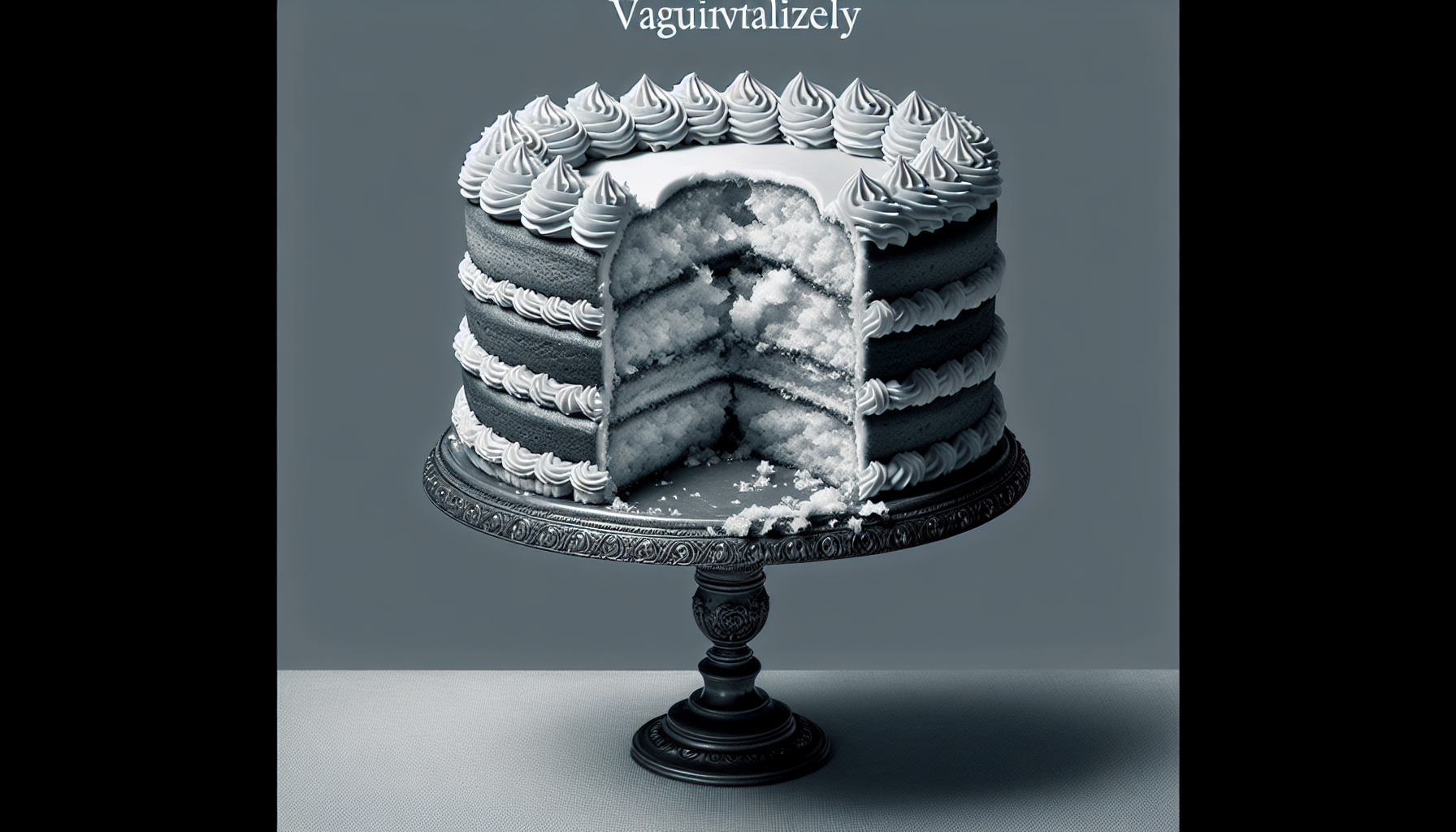The Art of Mourning Through Melody

For centuries, music has served as the universal language of mourning. Cultures around the world have developed distinctive musical traditions to grapple with loss. The Scottish bagpipes echoing across a misty gravesite, the wailing laments of Greek mourners, and the slow, somber notes of New Orleans jazz funerals all embody this rich heritage. Funeral music provides not only a space for grief but also a sense of communal connection, offering a way to honor the deceased while soothing the living. In today’s modern world, however, death is increasingly sanitized and pushed into the background of our lives. The ancient art of mourning through melody, once a cornerstone of human experience, is at risk of being forgotten. Funereal music specialists like Eleanor work tirelessly to preserve this tradition, dedicating themselves to the study and performance of dirges—melodies designed to evoke reflection, catharsis, and connection with the departed. Eleanor describes her journey into this deeply niche field as a calling rooted in a single, transformative moment. “I was eight years old when I first heard a dirge at a family funeral,” she recalls. “At the time, I didn’t have the words to describe it, but the melody stayed with me. It was haunting, but not in a frightening way—it was beautiful, like it had the power to hold all the sadness and love in the world at once. I knew I needed to understand it.” This early spark led Eleanor down a path of exploration, where she immersed herself in the study of global mourning traditions and the role of music in grief practices. Today, her dedication to the art of funeral dirges is both a personal passion and a cultural mission.
Dirges at Brunch: Life and Death in Harmony
Eleanor’s devotion to funereal music extends far beyond her professional life, seeping into her everyday rituals in unexpected ways. One of her most notable habits is humming funeral dirges during brunch—a practice that initially puzzled her friends but has since become a cherished tradition within her social circle. “To me, humming a dirge over coffee and eggs might sound unusual, but it’s grounding,” Eleanor explains. “It’s a way of reminding myself that life and death are always interconnected. Even in joy, there’s a thread of sorrow. But that’s not a negative thing—it makes the joy more vibrant, more meaningful.” Her friends, though initially taken aback, have come to appreciate the ritual. Some have even joined in, creating their own offbeat harmonies to accompany Eleanor’s favorite melodies. “It’s like this odd little ritual we’ve developed,” says one of her brunch companions. “It’s comforting, really. It reminds us to acknowledge the fragility of life while savoring it.” Eleanor’s approach to life illustrates the delicate balance between mourning and celebration. She sees death not as an end but as a natural part of life’s rhythm, a perspective that deeply influences how she lives each day.
The Preservation of Cultural Traditions
Eleanor’s work as a funereal music specialist is not solely about personal expression; it’s also about preserving cultural heritage. She spends hours researching traditional dirges from around the globe, uncovering their histories and the unique ways they express grief. “Every culture has its own unique way of mourning through music,” she notes. “But there’s a universality to it as well. No matter the language or the instruments used, funeral music is always about connection—between the living and the dead, between past and present. It’s a reminder that we are all part of something much larger than ourselves.” Eleanor collaborates with a small but dedicated community of fellow funereal music specialists. Together, they organize workshops, perform at memorial services, and even compose new dirges inspired by ancient forms. Through these efforts, they ensure that the melodies of mourning will continue to resonate, even in a world that often turns away from death.
Mourning as Celebration
At the heart of Eleanor’s work is a fundamental reimagining of how we view grief. For her, funeral dirges are not just expressions of sorrow—they are celebrations of life. “When I play a dirge,” she says, “it’s not just about mourning a loss. It’s about celebrating that someone lived, that they loved, that they left their mark on the world. The music is a way of saying, ‘You mattered.’” This perspective has profoundly shaped Eleanor’s own life. By embracing death as a constant companion, she has learned to savor the small joys and sorrows that make life so poignant. “When you allow yourself to live with an awareness of death, you start to see every moment as a gift,” she reflects.
The art of mourning through melody may seem like an unusual passion, but it carries a timeless lesson for all of us. In a society that often avoids confronting death, funereal music specialists like Eleanor remind us of the importance of facing our mortality head-on. Through their dedication to this ancient art form, they teach us that mourning is not just about loss—it’s about connection, memory, and celebration. The haunting strains of a funeral dirge reflect the full spectrum of human emotion, offering a bittersweet reminder of life’s fleeting beauty. And perhaps, the next time you find yourself at brunch or walking through a quiet park, you’ll catch yourself humming a melody of your own—a gentle ode to the extraordinary gift of simply being alive.
Cultural Preservation Archivist
Museums, cultural heritage organizations, academic institutions
Responsibilities
Research, document, and preserve endangered cultural practices, including music, art, and oral histories.
Collaborate with communities to ensure the ethical representation of their traditions.
Develop digital and physical archives to safeguard cultural artifacts.
Required Skills
Expertise in anthropology, musicology, or history.
Proficiency in archival software and preservation technologies.
Strong communication skills for liaising with diverse communities and institutions.
Music Therapist (Specializing in End-of-Life Care)
Hospitals, hospice organizations, private therapy practices
Responsibilities
Use music to provide emotional support and comfort to patients in palliative or hospice care.
Design personalized musical experiences for patients and their families to process grief.
Facilitate group sessions to encourage reflection and healing.
Required Skills
Certification in music therapy and experience in palliative care.
Empathy, emotional intelligence, and the ability to handle sensitive situations.
Proficiency in multiple instruments and diverse musical traditions.
Funeral Service Event Planner
Funeral homes, event planning firms, independent consulting
Responsibilities
Design and coordinate personalized funeral or memorial services that reflect the deceased’s life and cultural traditions.
Integrate elements like live music, rituals, and multimedia presentations into ceremonies.
Collaborate with families to create meaningful, healing experiences.
Required Skills
Expertise in event planning with a focus on cultural sensitivity.
Knowledge of diverse mourning practices and traditions.
Strong organizational skills and the ability to work under emotional pressure.
Ethnomusicologist
Universities, cultural research organizations, music archives
Responsibilities
Study and document the role of music in cultural and social practices, including mourning rituals.
Conduct fieldwork to record and analyze traditional music forms, such as dirges and laments.
Publish research and collaborate with musicians to preserve endangered musical traditions.
Required Skills
Advanced degree in ethnomusicology or related field.
Field recording and transcription expertise, with a focus on musical analysis.
Proficiency in global musical styles and the ability to work cross-culturally.
Composer for Ritual and Ceremonial Music
Freelance, film and media companies, cultural institutions
Responsibilities
Create original compositions for rituals, memorials, and cultural ceremonies, drawing inspiration from traditional forms like funeral dirges.
Work with clients or organizations to produce music tailored to specific events or cultural contexts.
Collaborate with musicians and performers to ensure the authenticity and emotional resonance of compositions.
Required Skills
Advanced compositional skills and knowledge of diverse musical traditions.
Experience with live performance and recording processes.
Creativity and sensitivity to the emotional needs of the audience.


